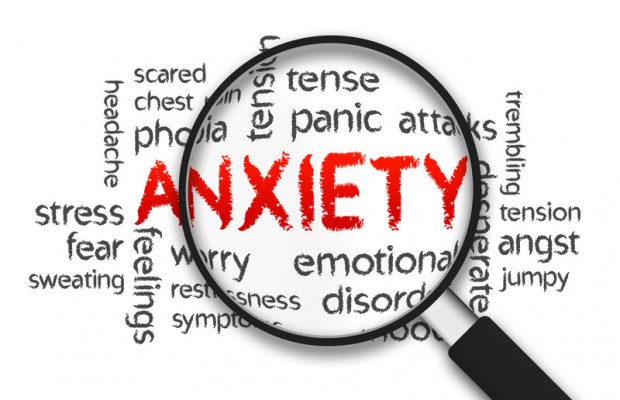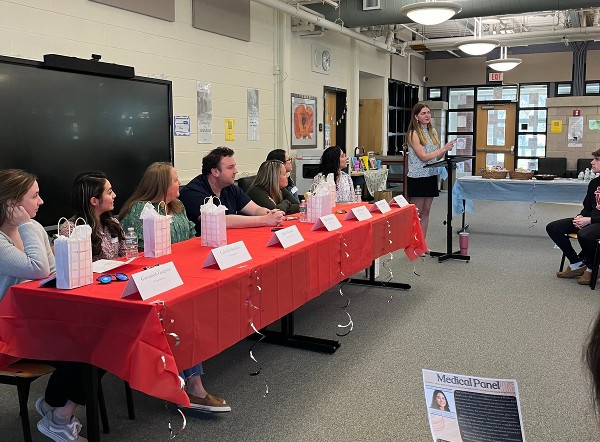Teachers. Homework. Clubs. Sports. Grades. These are all concerns that occur in a students’ everyday life. For many students, these everyday occurrences can cause unusual amounts of stress. While many adults are under pressure from their lives, they overlook the fact that students also experience stress. Many people think adults are the only ones that are under a lot of stress and pressure, but students also experience the same feelings, when trying to reach the high expectations of others.
Anxiety is a state of uneasiness, nervousness, and fear, which causes tension and worry in a person. It occurs when students are faced with certain situations, such as going up on stage or talking in front of a class. Everybody has anxiety, some more persistent than others.
Anxiety causes physical symptoms such as headaches and stomachaches, and can also cause a student’s grades to drop.
“Anxiety can cause a student to shut down and not do work,” said school psychologist George Meyers. “It causes physical symptoms, and keeps them from working at their greatest potential.”
If a student is struggling with anxiety, it would be in their best interest to seek help. They can confide in a parent, a friend, someone in the guidance office, or any other trusted adult. Getting help will be beneficial in the long run. It could take years to overcome anxiety, but there are many ways for a student to help themselves. Doing things they enjoy can help them get over anxiety. These helpful activities may include listening to music, doing physical activity, reading, writing, or relaxing.
Anxiety can be treated medically depending on the severity and the patient. Talking to a pediatrician or therapist helps, and they can prescribe anti-anxiety medication if that is what they believe will help.
“Parents should be open to listening to their children,” stated Meyers. “It’s easy to pass things off as ‘it’s all in their heads’, but these are real feelings that children and even adults experience.”
It is normal to experience anxiety and it never hurts to ask for help, whether you are a child, teenager or an adult.



















